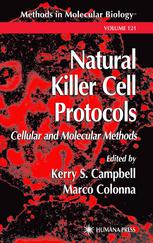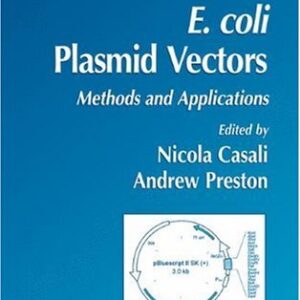Like engineering systems, biological systems must also operate effectively in the presence of internal and external uncertainty?such as genetic mutations or temperature changes, for example. It is not surprising, then, that evolution has resulted in the widespread use of feedback, and research in systems biology over the past decade has shown that feedback control systems are widely found in biology. As an increasing number of researchers in the life sciences become interested in control-theoretic ideas such as feedback, stability, noise and disturbance attenuation, and robustness, there is a need for a text that explains feedback control as it applies to biological systems. Written by established researchers in both control engineering and systems biology, Feedback Control in Systems Biology explains how feedback control concepts can be applied to systems biology. Filling the need for a text on control theory for systems biologists, it provides an overview of relevant ideas and methods from control engineering and illustrates their application to the analysis of biological systems with case studies in cellular and molecular biology. Control Theory for Systems Biologists The book focuses on the fundamental concepts used to analyze the effects of feedback in biological control systems, rather than the control system design methods that form the core of most control textbooks. In addition, the authors do not assume that readers are familiar with control theory. They focus on “control applications” such as metabolic and gene-regulatory networks rather than aircraft, robots, or engines, and on mathematical models derived from classical reaction kinetics rather than classical mechanics. Another significant feature of the book is that it discusses nonlinear systems, an understanding of which is crucial for systems biologists because of the highly nonlinear nature of biological systems. The authors cover tools and techniques for the analysis of linear and nonlinear systems; negative and positive feedback; robustness analysis methods; techniques for the reverse-engineering of biological interaction networks; and the analysis of stochastic biological control systems. They also identify new research directions for control theory inspired by the dynamic characteristics of biological systems. A valuable reference for researchers, this text offers a sound starting point for scientists entering this fascinating and rapidly developing field.

![[PDF] Feedback Control in Systems Biology Carlo Cosentino, Declan Bates](https://pdfelite.com/wp-content/uploads/2024/04/0e5f019ab75ade91404bf0b081c913f6-d.jpg)




Reviews
There are no reviews yet.